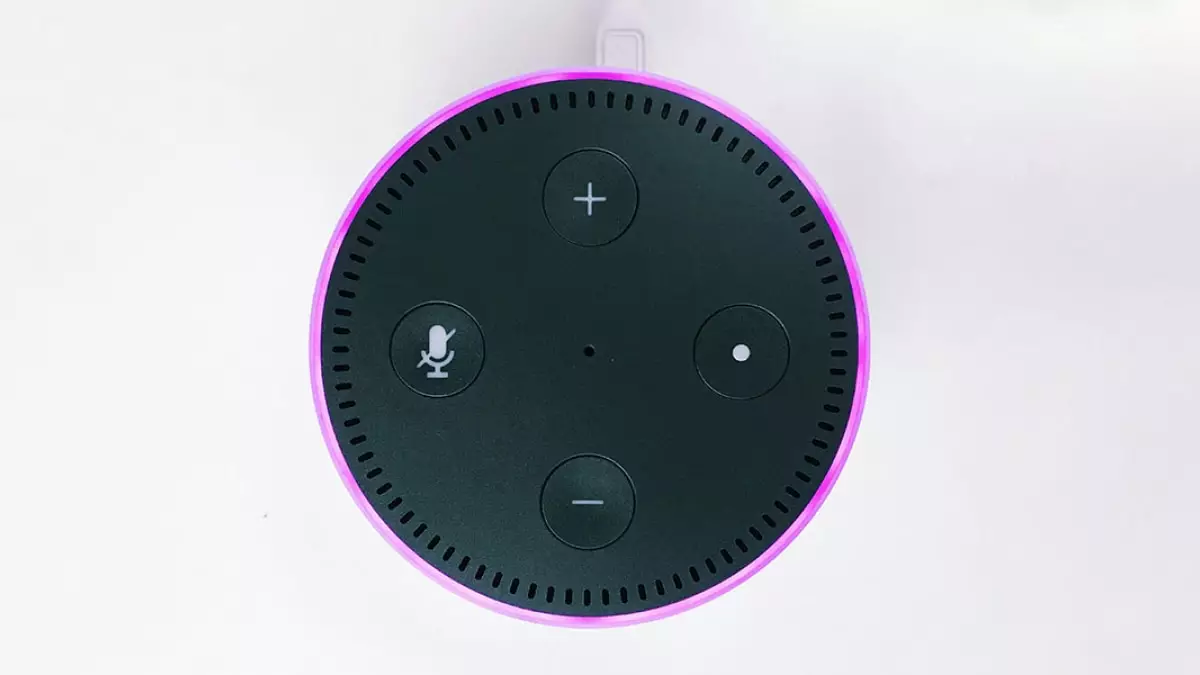As technology continues to weave itself into the fabric of our daily lives, we are left grappling with an irony: despite being more connected than ever, loneliness persists as a significant issue, especially among older adults. This phenomenon has ignited a wave of research aimed at uncovering innovative solutions to this pressing social challenge. Among the most intriguing of these solutions are digital voice assistants, like Amazon’s Alexa and Google Assistant, which researchers posit may offer a lifeline in alleviating the isolation experienced by many seniors.
Elena Castro, a researcher specializing in Health Psychology and Technology from Universitat Oberta de Catalunya, has delved into the impact that voice assistants may have on loneliness among older adults. Her findings, drawn from a comprehensive review of 13 research studies, suggest that these devices could be invaluable in combating feelings of isolation. Castro states, “Our study indicates that voice assistants might provide significant support to older adults by directly addressing issues of isolation, which can have detrimental psychological and physical repercussions.” The research showcased a hopeful picture, with a striking 85% of studies indicating positive effects.
However, while optimism abounds, caution must be taken. Castro highlighted that voice assistants, while beneficial, often fall short in creating deeply engaging and emotionally resonant conversations. The ability of these technologies to adapt and respond to the nuanced needs of human emotion remains limited, suggesting that while they can supplement social interaction, they cannot fully replace it.
The rising integration of voice assistants into the lives of older adults does not come without its complications. Privacy concerns are paramount; the inherent design of these devices requires them to listen continuously, thus raising the question of unintended data collection. Castro emphasizes the importance of safeguarding user privacy, arguing that “Educating users on data handling techniques and ensuring robust privacy protocols are essential to foster trust among older adults.” Without this trust, the potential benefits of voice assistants may be significantly undermined.
Additionally, experts have raised concerns about the risks of overreliance on technology. As voice assistants become more embedded in daily routines, there exists a potential for diminished face-to-face interactions, which are crucial for mental and emotional well-being. Therefore, a balanced approach must be cultivated, one where technology enhances rather than replaces human connection.
Looking ahead, Castro envisions a world where voice assistants could play a pivotal role in elderly care beyond merely alleviating loneliness. They could support functionalities such as medication reminders, help with day-to-day tasks, and facilitate social interactions—possibilities that could revolutionize how society approaches elderly health care.
While digital voice assistants offer a promising avenue for addressing loneliness among older adults, it is imperative to tread carefully. Balancing technological integration with privacy safeguards and human interaction will be key to genuinely improving the quality of life for this vulnerable segment of the population. As researchers continue to explore the intersection of technology and social well-being, the hope remains that future innovations can lead to a more connected and less lonely world for everyone.



Leave a Reply